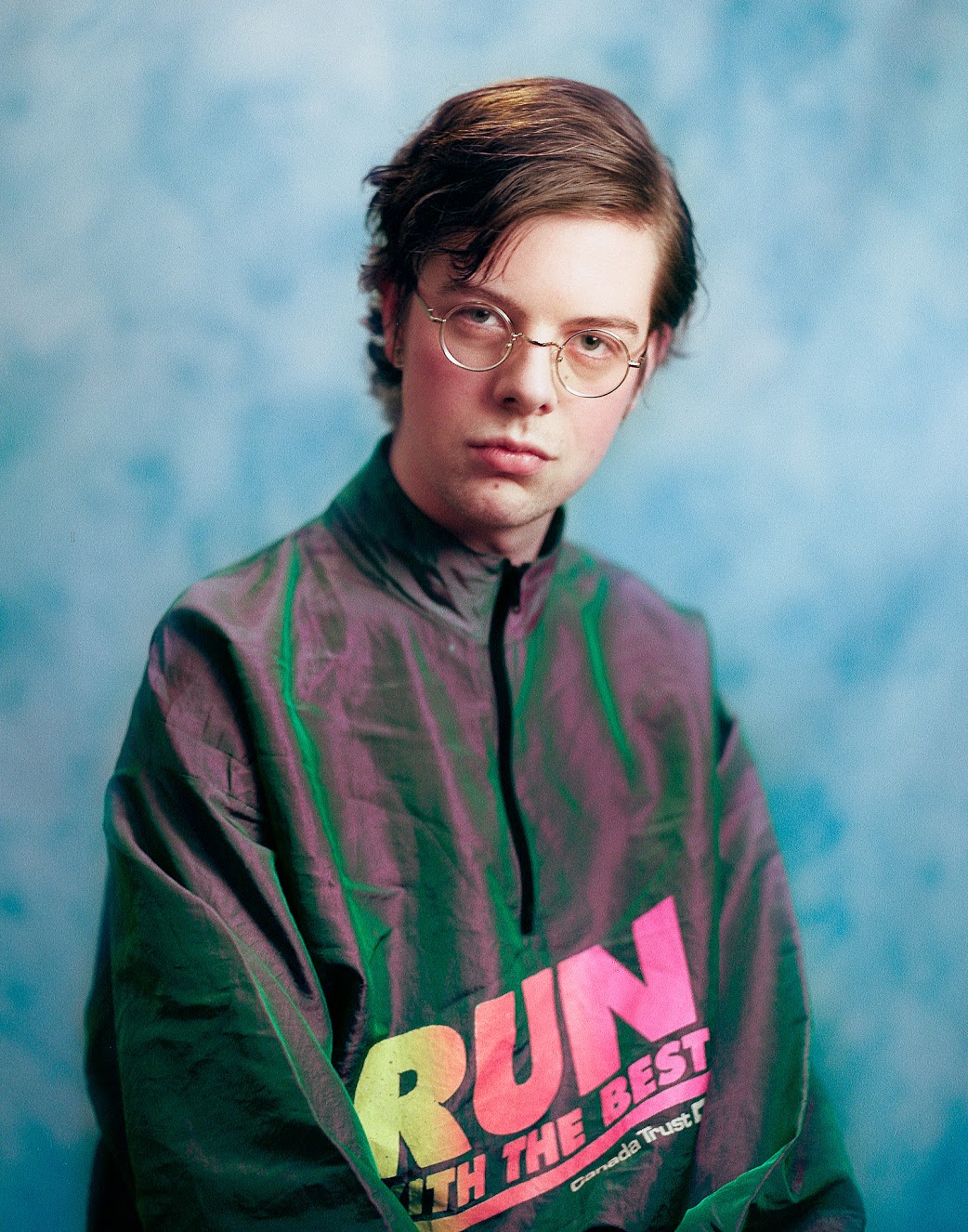Jane Goodall has long been a household name, and for good reason. Her immersive observational study of chimpanzees in their natural habitat revolutionized our understanding of human identity in relation to other primates and challenged established notions of humanity’s unique capabilities for reason and empathy. In fact, one would be forgiven for walking into a documentary about Jane Goodall thinking they know all there is to know about the sensationalized researcher, but lo and behold, Jane proves that assumption wrong handily, delivering one of the most gorgeous documentaries of the year with an astoundingly adept study of the woman who made a name for herself through observation.
Jane is primarily composed of footage once thought to be lost, chronicling her early expeditions to Gombe, her first exposure to the chimpanzees, and the life Goodall established in that environment. Intercut with a modern interview with Goodall, now 83, the footage spans the 1960s and 70s, highlighting not only the progress of Goodall’s research but the evolution of her family life as well.
As one might imagine, the wildlife footage is simply astonishing, capturing the vibrant colors of Goodall’s African research station and exemplifying her as a natural inhabitant of such wilderness. Much of the footage was shot by Goodall’s then-husband Hugo van Lawick, who is renowned as one of the greatest nature cinematographers of all time, and for good reason. But van Lawick not only captured the beauty of his surroundings, but also the fascination he had with the woman he loved and, eventually, the child they would raise together in the wilds of Africa.
The reemergence of this lost footage would likely be enough of a curiosity to carry Jane to feature length with minimal effort, but documentarian Brett Morgen isn’t content to let the footage stand as a simple time capsule. Rather, he takes the opportunity to interview Goodall as a means to develop a pair of parallel narratives, wherein Goodall comes to discover the human-like complexities of her chimpanzee subjects as she comes to grips with the complexities of developing and maintaining her own family. The educational value of learning about chimp relationships is complemented by a humanist approach to Goodall’s daily life, taking what she learned from the chimps and showing how she applied it to her own experiences as a wife and mother. To put it simply, Morgen makes explicit the ways in which Jane Goodall acts as a bridge between humans and chimps, not only as a pioneering researcher but as a vessel for the empathy she learned from their communalism. It’s a lovely sentiment that elevates the film from being a mere curiosity into something transcendentally emotional.
Jane is a small pleasure, but its emotional impact is far more substantial than its modest premise would presuppose. More than just a gorgeous spectacle, this is a film that explores the mind of one of our greatest naturalists, celebrating her life by placing her humanity in an empathetically extrahuman context. This would be shame to miss on the big screen for the visuals alone, but the emotional punch Jane delivers also cannot be denied.













